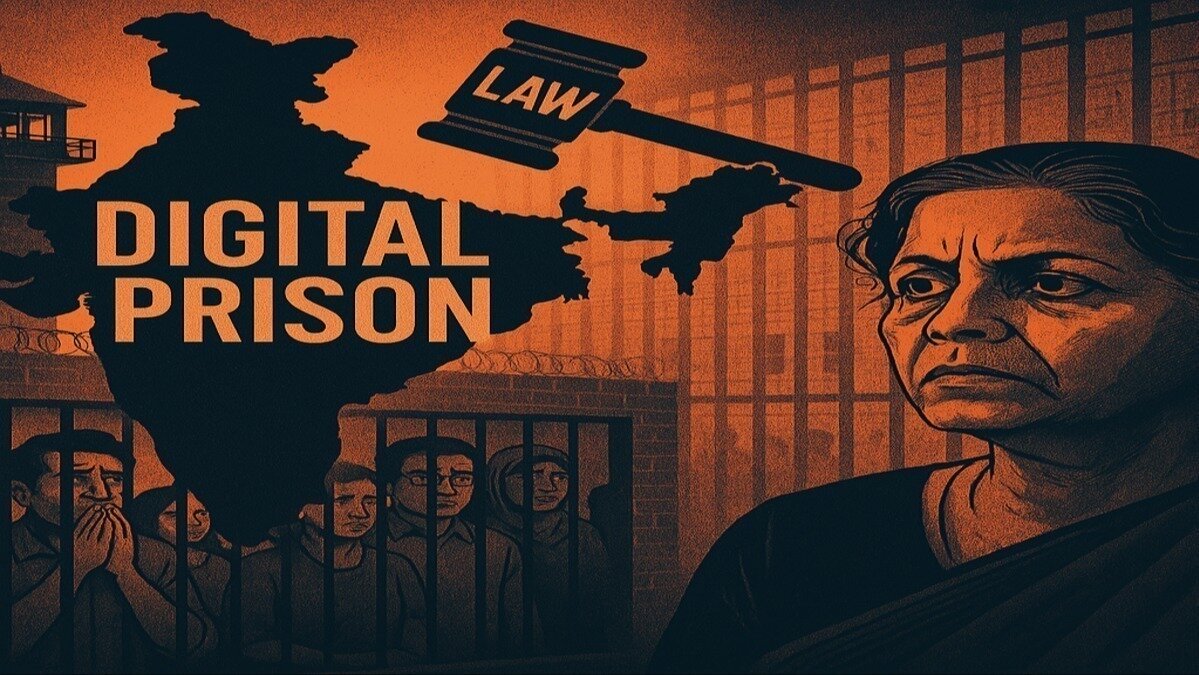The Illusion of Freedom in the Digital Age
You probably feel like you’re free. You choose what to watch, what to post, who to follow, what to believe. But let’s be honest — are those choices really yours anymore?
We live in an age where our every thought and click is quietly catalogued. Every video you linger on, every comment you leave, every “like” you tap — it’s all data. And that data isn’t just floating around harmlessly; it’s being analyzed, monetized, and used to shape the way you think.
It’s not paranoia anymore — it’s business.
Funny enough, most people don’t even notice it happening. They think “oh, I’m just getting personalized recommendations,” but personalization is just a polite word for profiling. It’s an algorithm learning what buttons to push next.
The Trade We Never Agreed To
Remember when the internet felt like freedom? Back in the early 2000s — message boards, forums, that raw sense of discovery. You’d stumble onto a weird site and feel like you were exploring something real.
Now? Everything’s curated. Sanitized. Safe.
But here’s the catch: it’s not for your safety — it’s for theirs. Big tech companies don’t want chaos; they want predictability. Predictability is profitable.
And in exchange for that so-called convenience, we’ve traded away something far bigger — our autonomy.
You didn’t sign a contract saying “yes, you can build a psychological profile of me, sell my data, and quietly influence my worldview.” But that’s exactly what’s happening.
Every ad you see, every trending topic, even the “fact-checks” — they all exist in a carefully constructed digital environment. You’re free to speak… as long as your words don’t threaten the system that runs the show.
Surveillance Disguised as Convenience
You ever notice how your phone seems to know what you’re thinking? You mention a product, and suddenly it’s in your feed. You search for a health symptom, and now you’re bombarded with related ads.
It’s not magic — it’s surveillance with good branding.
And the truth is, we volunteered for it. We carry around tracking devices (a.k.a. smartphones) and let them listen, watch, and learn from us every single day.
It’s weird — Orwell’s 1984 warned about government surveillance, but the twist no one saw coming was that we’d buy the surveillance ourselves and call it “innovation.”
The Quiet War for Your Mind
If this sounds dramatic, let’s put it this way: the real war isn’t for land or oil anymore — it’s for your attention.
Attention is the currency of the modern world. Whoever holds it, holds the power.
That’s why every platform wants to keep you scrolling just a little longer. Why the outrage cycles never stop. Why “news” feels more like entertainment, and entertainment feels more like propaganda.
When you control what people see, you shape what they believe. And when you shape what they believe, you control what they’ll accept.
That’s not freedom. That’s a velvet cage.
So What Can You Do About It?
Let’s be real — you can’t completely escape the system. But you can see it. Awareness alone changes how you move within it.
A few practical things:
-
Limit your data footprint. Use browsers that block trackers. Ditch unnecessary apps.
-
Stop oversharing. Every photo, every opinion, every “check-in” tells the system more about you than you realize.
-
Diversify your news. Don’t rely on one platform or outlet — they all have biases.
-
Think before reacting. Outrage is the algorithm’s favorite emotion; it keeps you hooked.
-
Support independent media. It’s one of the few remaining ways to get unfiltered perspectives.
The Digital Chains We Can’t See
Freedom in the modern world isn’t lost with chains — it’s lost with convenience.
The algorithm doesn’t need to silence you. It just needs to keep you entertained, distracted, and slightly addicted. It doesn’t need to ban ideas — it just needs to bury them under noise.
We’re living in a time when being “awake” doesn’t mean fighting a war — it means refusing to sleepwalk through one.
Final Thought
They say you’re free… but are you really?
Freedom isn’t a right you own online — it’s something you have to constantly defend. The question isn’t whether you’re being tracked (you are). The real question is whether you’ll keep giving away your power in exchange for convenience.
Because in the end, they don’t have to take your freedom — you just have to stop noticing it’s gone.










